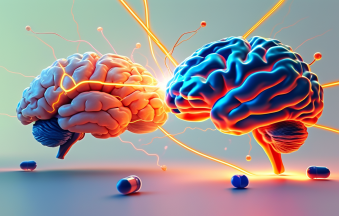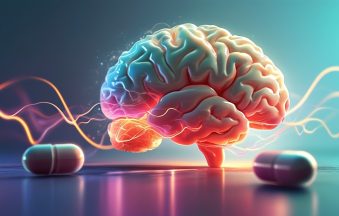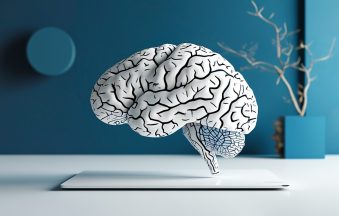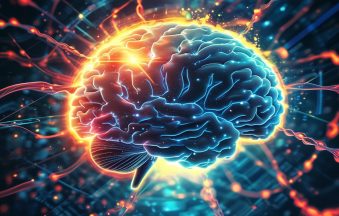How Long Does Caffeine Withdrawal Last? Symptoms, Timeline, and Tips for Relief
Every day, people consume caffeine in the form of tea, coffee, medications, or even energy drinks. While caffeine can boost energy and increase focus, it can also lead to dependency if used regularly. If you suddenly stop or reduce the intake of caffeine, withdrawal symptoms may occur. But why does withdrawal happen, how long does it last, and what can you do to manage it?
Understanding Caffeine Withdrawal
While your body is used to functioning with caffeine, stopping the consumption leads to a body readjustment which is referred to as caffeine withdrawal. The dependence here can sometimes take several days to completely go away, and that depends on the amount of caffeine a person consumes on a daily basis alongside the varying sensitivity of the person.
How Long Does Caffeine Withdrawal Last?
Withdrawing from caffeine can be very painful, and on average can last from 2-9 days depending on the individual. The symptoms are usually the strongest during the first 24 to 72 hours.
Caffeine Withdrawal Timeline
- 0 to 12 hours: The first symptoms of caffeine withdrawal may start as early as 6 to 12 hours after your last caffeine dose.
- 1 to 3 days: Symptoms begin to intensify from mild to severe and can include intense headaches, fatigue, irritability, or difficulty concentrating.
- 4 to 7 days: Most symptoms begin to ease, but for some people, discomfort may linger.
- 1 to 2 weeks: With time, all or most people will be free from withdrawal effects.
Common Symptoms of Caffeine Withdrawal
- Headaches: As a common symptom of withdrawal, headaches can arise due to increased blood flow to the brain coupled with restricted blood vessels.
- Fatigue and Low Energy: You may feel tired and your body sluggish without caffeine.
- Irritability and Mood Swings: Many people report that they become irritable or overly emotional.
- Difficulty Concentrating: Focusing can be an issue as sharp thinking is coupled with caffeine, and not consuming caffeine leads to brain fog.
- Depression or Anxiety: Some folks can feel an onset of depression along with anxious symptoms.
- Flu-Like Symptoms: Mild stomach aches, soreness of muscles, or stiffness of muscles can take place.
Factors That Affect Caffeine Withdrawal Duration
Several factors influence how long caffeine withdrawal lasts, including:
- Daily Caffeine Intake: Higher daily consumption usually results in a harsher withdrawal experience.
- Abrupt vs. Gradual Reduction: Stopping cold turkey can cause stronger symptoms, while gradually reducing can ease discomfort.
- Individual Sensitivity: A person who is highly sensitive to caffeine may experience a longer withdrawal period.
- Overall Health and Hydration: Maintaining a healthy lifestyle and staying hydrated can help reduce the recovery time.
Manage Caffeine Withdrawal Like a Pro
If you’re trying to lower your caffeine intake or stop it altogether, these tips should help you in the process:
1. Moderately Decrease Your Consumption
Instead of quitting cold turkey, try to reduce your intake over a few weeks. This helps your body adjust, lowering the withdrawal severity.
2. Always Drink Water
Drinking a lot of water not only hydrates you but also helps get rid of caffeine from your system. It helps relieve headaches and fatigue too.
3. Try to Sleep More and Relax
Caffeine withdrawal can make you feel fatigued. Ensure you get enough sleep to help your body’s recovery.
4. Try Over-the-Counter Pain Relievers for Headaches
During caffeine withdrawal, headaches can be severe. Consider taking ibuprofen or acetaminophen to help ease the pain.
5. Versatile Eating Habits Are Recommended
Choose foods rich in nutrients, especially high in protein and healthy fats, to aid in energy maintenance.
6. Physical Strain/Regular Exercise Is Suggested
Regular movement can help improve circulation while simultaneously aiding in fighting off fatigue and mood shifts.
7. Consider Teas or Decaffeinated Substitutes
Try out herbal teas such as peppermint and chamomile as substitutes.
When to Seek Medical Help
For the vast majority of people, withdrawal from caffeine is not dangerous and can be managed easily. However, some people may experience severe symptoms that interfere with daily life. If withdrawal symptoms persist beyond two weeks or cause extreme distress, consult a healthcare professional.
Conclusion
Caffeine withdrawal could take a couple of days to a fortnight, with the peak symptoms occurring in the first three days. While the process can be inconvenient, it is still possible to manage it better by lessening the intensity of caffeinated meals, drinking water, and sleeping more. For those who want to bid adieu to caffeine dependence, being prepared for the withdrawal makes it smoother and more manageable.
With a clear understanding of the timelines and symptoms of caffeine withdrawal, people can take steps to minimize discomfort. Whether your goal is to limit dependency on caffeine for health benefits or other reasons, preparation is key.














Add comment